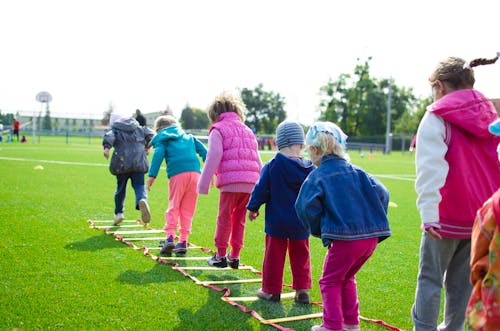
The number of studies in children is downright microscopic.
Still, the data point in a familiar direction. Physically fit children
identify visual stimuli much faster than sedentary ones. They appear
to concentrate better. Brain-activation studies show that children
and adolescents who are fit allocate more cognitive resources to a
task and do so for longer periods of time. “Kids pay better attention
to their subjects when they’ve been active,” Dr. Antronette Yancey
said in an interview with NPR. “Kids are less likely to be disruptive
in terms of their classroom behavior when they’re active. Kids feel
better about themselves, have higher self-esteem, less depression,
less anxiety. All of those things can impair academic performance
and attentiveness.”
Of course, many ingredients make up academic performance.
Finding out what those components are—and then which are most
important for improving performance—is difficult. But these preliminary
findings hint that exercise may be one key ingredient.
Does exercise help kids do better in school?
![Does exercise help kids do better in school?]() Reviewed by s-one
on
April 18, 2020
Rating:
Reviewed by s-one
on
April 18, 2020
Rating:




No comments: